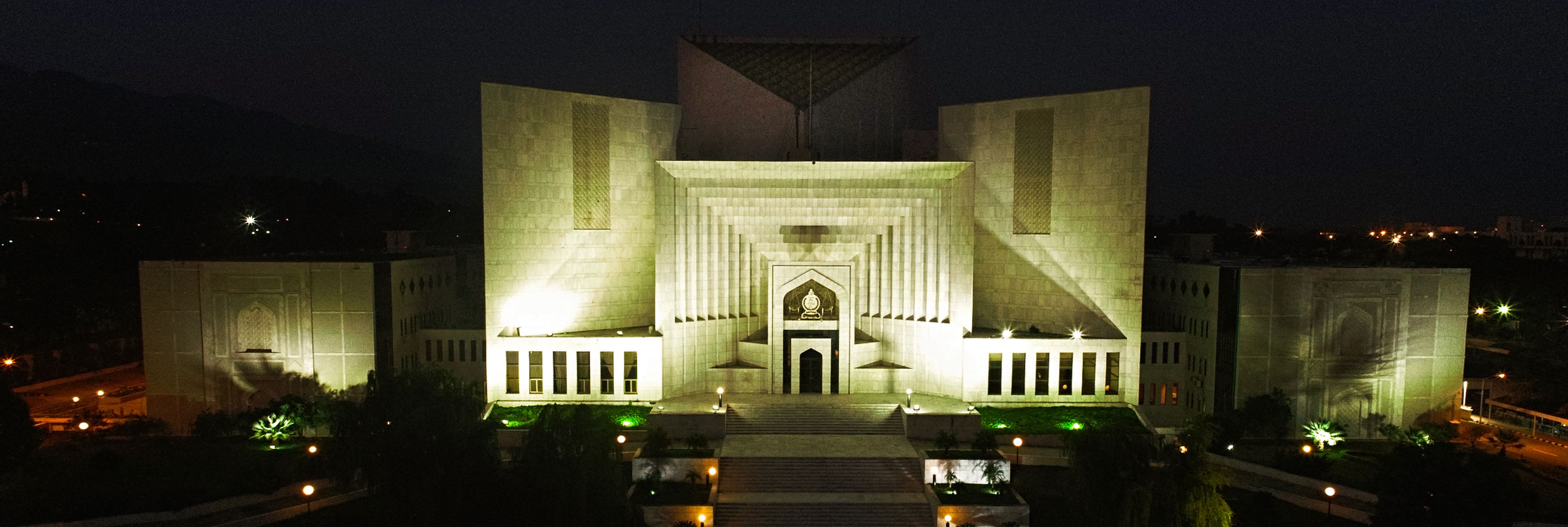In a landmark judgment advancing gender equality and personal agency, the Supreme Court of Pakistan has ruled that a married woman has the legal right to retain her own domicile or adopt that of her husband, affirming the principle of choice in matters of identity and state entitlements.
The decision was delivered in Federal Public Service Commission v. Dr. Shumaila Naeem and Others (Civil Petition No. 651 of 2025), by a bench comprising Justice Syed Mansoor Ali Shah and Justice Aqeel Ahmed Abbasi. The case revolved around civil service eligibility and domicile requirements, but its implications extend well beyond recruitment — touching on constitutional rights, federal representation, and women’s autonomy.
The Court held that domicile, a critical legal construct shaping access to employment, education, and regional quotas, is not simply an administrative label, but a legal status defined by intention and residence. Notably, the Court acknowledged that while marriage has traditionally influenced a woman’s domicile, it does not eliminate her right to choose.
“It is therefore held that a married woman retains the legal discretion, choice or agency to either adopt her husband’s domicile or retain her own,” the judgment states.
The ruling draws from centuries-old legal traditions tracing domicile to Roman and English law, emphasizing its modern role in determining federal entitlements and civil service representation. The Court reiterated that domicile is determined by two elements: actual residence (factum) and intention to remain (animus manendi).
Legal experts say the verdict brings clarity to a gray area in Pakistani law where married women’s identities were often subsumed under those of their spouses — particularly in public sector recruitment where provincial quotas are strictly enforced.
Impact on Civil Servants
While the Court reaffirmed that a civil servant’s domicile is generally “frozen” upon entry into service to preserve federal balance, it carved out an important exception for female officers who marry during service, acknowledging that such life events may necessitate legal reconsideration of domicile without penalizing the individual.
The case also re-emphasized the Court’s broader role in protecting constitutional principles, with Justice Mansoor Ali Shah writing that courts must act as “lighthouses of constitutional morality”, especially when addressing issues that reflect evolving societal norms.





